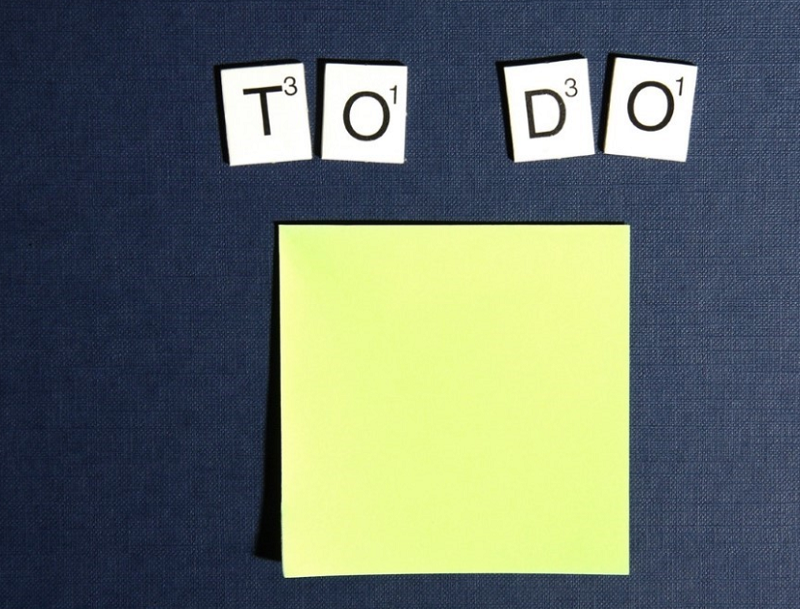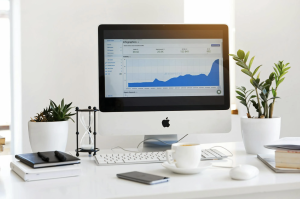3 Reasons Why You Should Check Your Credit Report

All too often, checking your credit score becomes one of those chores you put on the back burner. You know the ones. Like cleaning the back of the fridge and dusting ceiling fans, it’s just not something you remember to do regularly.
But there’s a lot more riding on your score than some bad leftovers you’d rather forget. Here are three reasons why you want to check your credit.
1. To Catch Fraud and Identity Theft
Checking your credit may protect your credit score from the effects of identity theft.
How? Well, a quick peek at your report will show you any account that gets reported to a credit bureau.
Typically, it includes things like mortgages, student loans, or credit cards — all the usual suspects. But if you’re a victim of fraud and identity theft, it may reveal a personal loan or line of credit you didn’t apply for!
Given the chance, a thief will max out these accounts, and you can count on them skipping the bill.
This may lead to bad entries filling your report and dragging down your score.
2. To Remove Errors
Something fishy in your file doesn’t always mean your personal information has been hacked. It could just mean there’s been an error when a financial institution reports your account to a bureau.
It maybe a simple filing mistake due to human error, or it could be a mix-up with an automated step involved in your report.
Checking in with your consumer file often will help you catch these errors before they impact your history.
When checking for errors, keep your eyes peeled for the following issues:
- Inaccurate contact information, account numbers, or Social Security Number
- Duplicate account information
- Inaccurate or out-dated information regarding payment histories and balances
3. To Prepare for an Application
Financial institutions may check your consumer file before granting you a personal loan or line of credit. What they see usually helps them determine whether they’ll lend you money and at what rates and terms.
Checking your file before a big purchase when you know you’ll likely need to borrow money is a good idea. It lets you know what financial institutions will see, giving you a good idea of your chances of being approved.
If you have a high score, you’ll likely have a greater selection of products. You’ll also have a better chance of accessing the best rates and terms.
A lower score may shrink your options and make the available rates and terms more expensive.
By knowing where you fall between these two categories, you can save a lot of time and frustration during the borrowing process. You’ll know which options you have, so you aren’t applying for things you can’t get.
Checking your consumer file may serve as a much-needed wake-up call. If it’sworse than you thought, you may postpone applying for financing until you can get a handle on things.
You may not have that luxury in an emergency when you need help fast. Luckily, you may find a personal line of credit for bad credit in these situations.
Checking in on your report is an empowering move. It lets you catch errors and inaccuracies that may be impacting your score unfairly.
Request a free check right now. You get three free checks each year!







